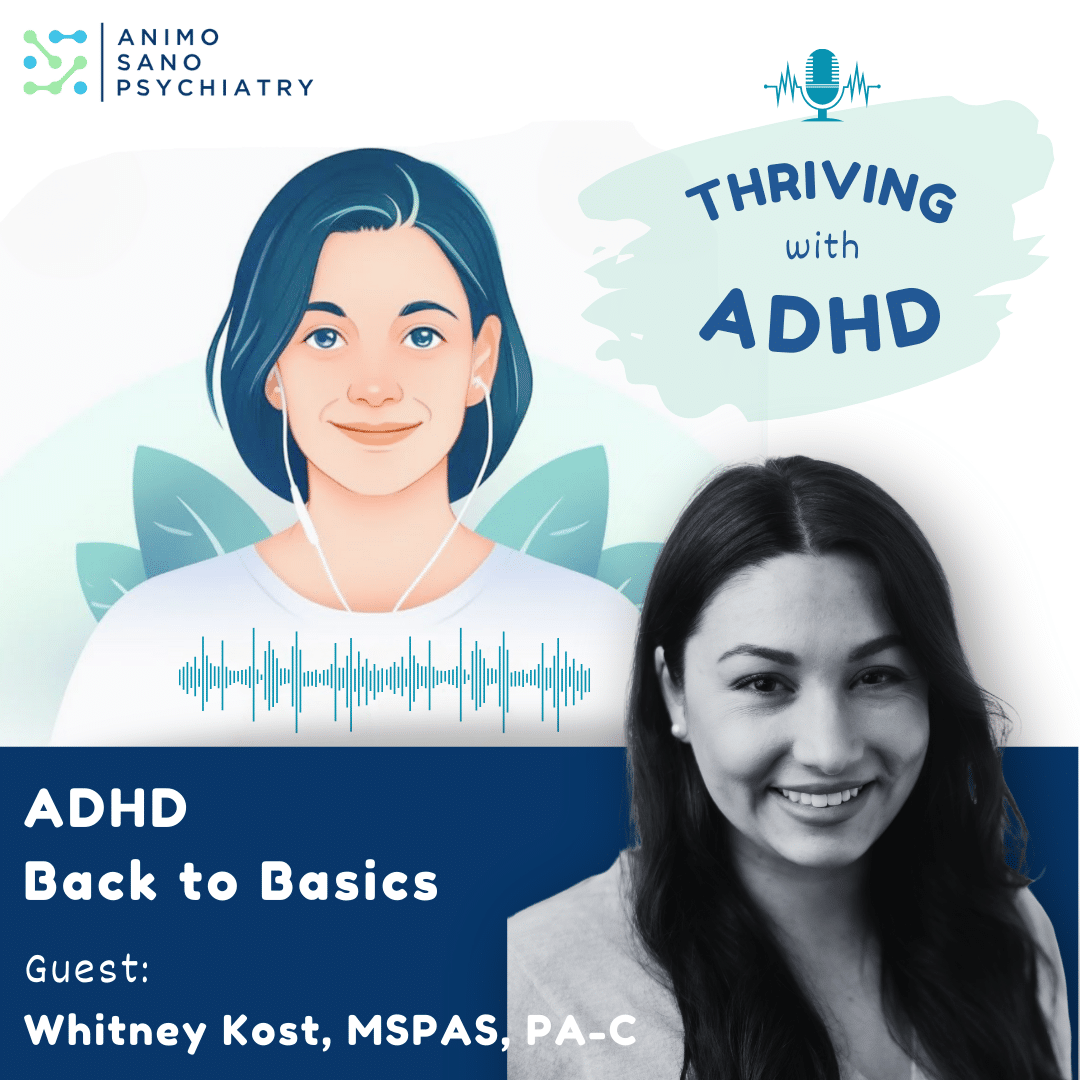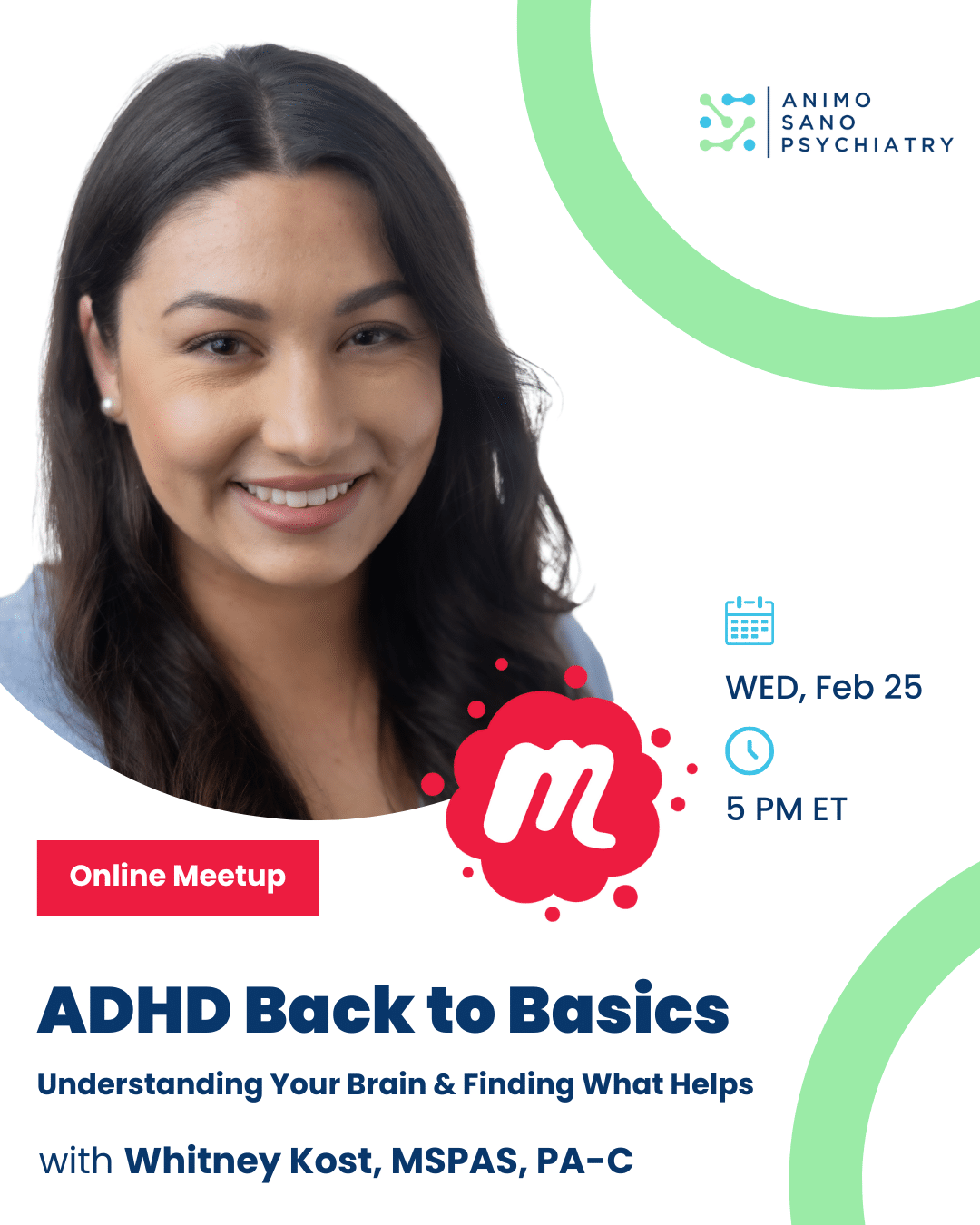
Emotional dysregulation is a common symptom of ADHD, characterized by difficulties in managing and responding to emotional experiences appropriately. This challenge often results in intense emotions, rapid mood swings, and prolonged emotional distress. Emotional dysregulation affects daily life, making it hard to maintain relationships, perform well at work or school, and manage stress effectively.
What is Emotional Dysregulation?
Emotional dysregulation refers to the inability to manage emotional responses in an appropriate manner. Individuals with this symptom often experience overwhelming feelings that are difficult to control, leading to impulsive reactions and prolonged emotional states. According to the Journal of Attention Disorders, emotional dysregulation is prevalent in about 34-70% of children and adults with ADHD, highlighting its significant impact on those affected by the disorder.

Emotional Dysregulation’s Impact on Daily Life
Emotional dysregulation profoundly impacts daily life. Individuals may struggle with maintaining stable relationships, as their intense emotional reactions can be challenging for friends and family to understand. At work or school, emotional dysregulation can lead to difficulties in focusing, completing tasks, and handling criticism or setbacks. This often results in lower performance and higher stress levels. Moreover, the constant emotional upheaval can contribute to feelings of anxiety and depression, further complicating the individual’s ability to lead a balanced life.
Why is Emotional Dysregulation Common in ADHD?

Emotional dysregulation is particularly common in individuals with ADHD due to the underlying neurological differences associated with the disorder. ADHD affects the brain’s executive functions, which are responsible for self-regulation, impulse control, and emotional regulation. The prefrontal cortex in the brain, which is crucial for managing emotions and behaviors, functions differently in those with ADHD. This difference in brain function makes it harder for people with ADHD to control their emotions, causing them to have more intense and frequent emotional reactions.
Techniques to Improve Emotional Regulation
- Mindfulness Meditation: Mindfulness meditation helps individuals become more aware of their thoughts and feelings without judgment. This practice can enhance emotional awareness and control, allowing individuals with ADHD to pause and reflect before reacting impulsively. Research shows that mindfulness training can improve ADHD symptoms and emotional regulation.
- Deep Breathing Exercises: Deep breathing exercises are a simple yet powerful tool to calm the mind and body. Practicing deep breathing techniques can reduce anxiety and help manage emotional responses, making it easier to stay focused during stressful situations. One effective method is the “7-11 breathing” technique: breathe in for 7 seconds, hold for 7 seconds, and breathe out for 11 seconds.

- Creative Outlets for Emotional Expression: Engaging in creative activities like painting, writing, or playing music can help channel intense emotions into productive outlets. Artistic expression allows individuals to process feelings in a non-verbal way, providing relief and a sense of accomplishment.
- Physical Exercise: Regular physical activity is a natural mood booster and can help regulate emotions. Exercise releases endorphins, which reduce stress and improve overall well-being. Activities like yoga, running, or even a daily walk can make a significant difference.
- Healthy Diet: The relationship between diet and ADHD is significant. A balanced diet can influence mood and energy levels. Foods rich in omega-3 fatty acids, whole grains, and plenty of fruits and vegetables support brain health and emotional stability. Avoiding excessive sugar and caffeine can also help manage mood swings.
Final Thoughts
Managing emotional regulation in ADHD is a continuous process that involves self-awareness, practical strategies, and support. By incorporating these innovative techniques into daily life, individuals with ADHD can enhance their ability to stay calm and focused, leading to a more balanced and fulfilling life. Implementing these techniques requires consistency and patience, but the benefits are well worth the effort.
Responsibly edited by AI
Other Blog Posts in
Animo Sano Psychiatry is open for patients in North Carolina, Georgia and Tennessee. If you’d like to schedule an appointment, please contact us.
Get Access to Behavioral Health Care
Let’s take your first step towards. Press the button to get started. We’ll be back to you as soon as possible.ecovery, together.




